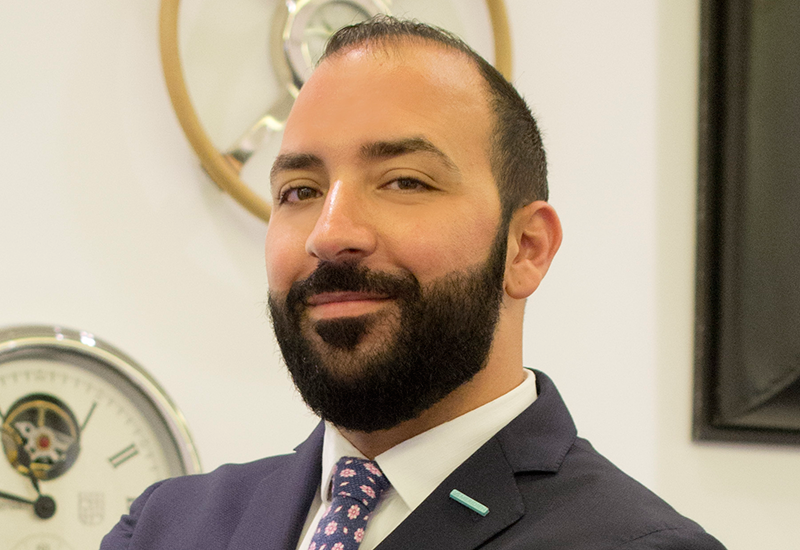What is your career background, and how did you did you get into hospitality marketing?
After completing my BA in Spanish literature, I started teaching history of art, literature, and linguistics, after which I decided to do a master’s degree in marketing and communications. This helped me to gain work in different marketing, public relations, and event agencies. I had the chance to study MBA in leisure and tourism management at the European University in Barcelona which allowed me to become a trainee at the finance department at W Barcelona. I ended up being hired at the finance department and prepared my MBA thesis, ‘Communication strategies of W Barcelona’, which helped me to understand the hotel operations and hotel’s finance department in depth. That was my first hospitality experience.
What are your responsibilities at the hotel?
I get to wear several hats in my current role, overseeing many marketing areas at the hotel. The scope of work encompasses everything from developing key marketing and PR strategies to strengthening the hotel, facilities, and food and beverage outlets’ presence locally and internationally. I also handle the hotel’s publicity, social media, digital marketing, sponsorship/partnership marketing, media coverage, community relations, corporate image, and special events.

| Advertisement |
Could you share a few current trends of hospitality marketing?
In today’s highly digital world, we need to be more aware about the importance of being competitive not only in the market but also in the ‘digital market’. One of the main trends that companies invest more in today is content. To stay relevant and on top, hotels need to produce new content for the website, social media, event calendars, blogs, and SEOs, as search engines love new content. Content is important because without it, search won’t work for you, and of course without content you have no social media.
What are some of the strategies developed for the property?
In collaboration with the revenue department, I developed a new summer room package focused on the leisure market in collaboration with one of the main leisure players in Abu Dhabi which helped to reposition the hotel’s perception from a business hotel to a hotel with leisure options. The package generated 177% increase on revenue over the prior year.
What are some of the challenges you face?
When you work in a competitive market such as Abu Dhabi, you have to pay attention to what is changing around you. We live in such a fast-moving world; the greatest challenge is to keep up with new trends and to adapt to them. Our business is constantly evolving, for example, the booking industry has changed. Guests have many choices nowadays; we have to keep up with the changes and be present in all marketing channels.
How do make sure your F&B outlets stand out among its competitors?
Le Royal Méridien Abu Dhabi is known for having world class and varied F&B outlets, and one of the key strategies is to make sure we are competitive — not only in the offerings but also in the quality of food that we serve, and service that we offer. The internet has changed how guests are behaving and their decision-making processes. Our main focus area while promoting the F&B outlets is digital marketing which has become increasingly important to remain competitive, and ensure long-term profitability. Moreover, we love to listen to our guests. Knowing your guests is vital these days.
What is your ultimate goal?
I would like to open my own marketing consultancy specifically for the hospitality industry as there will always be the need for hotel marketing.









 Search our database of more than 2,700 industry companies
Search our database of more than 2,700 industry companies









